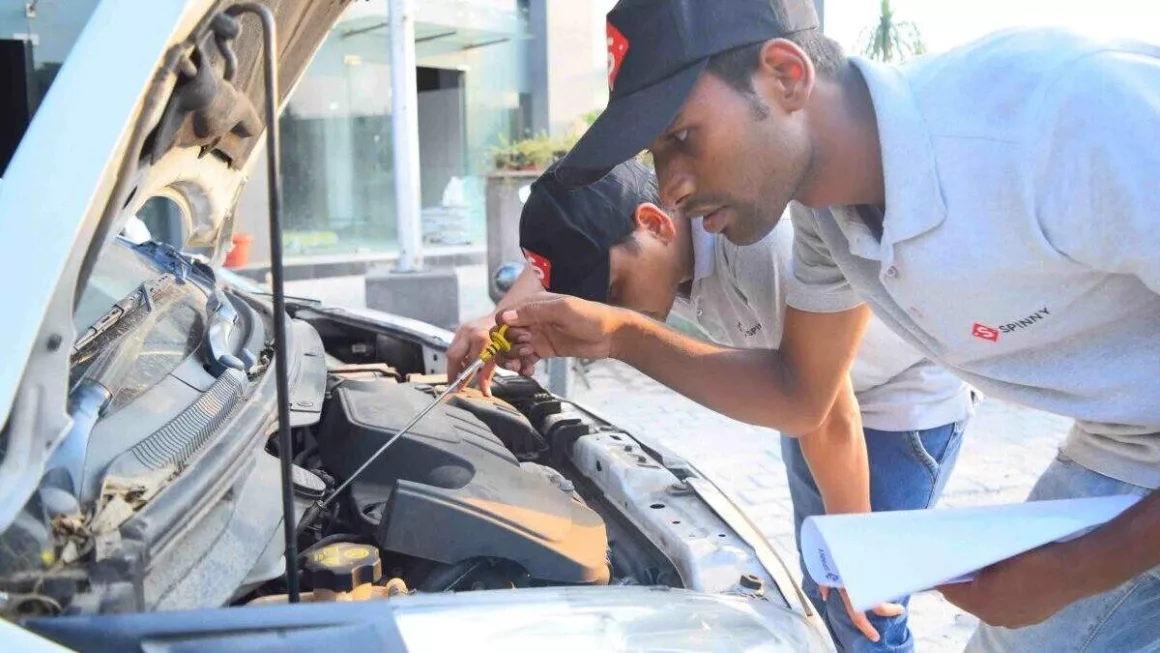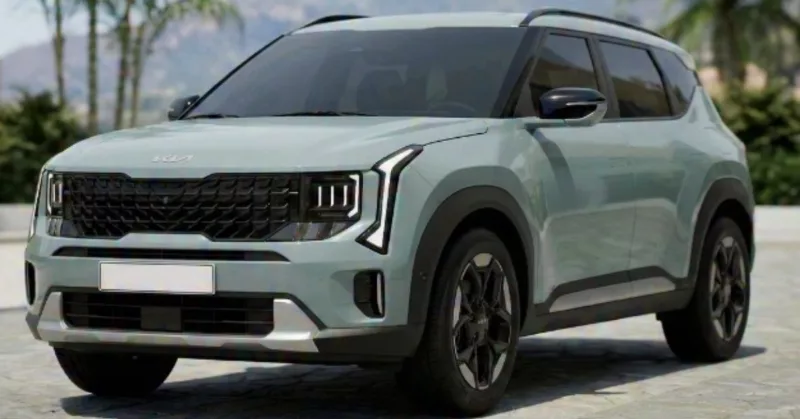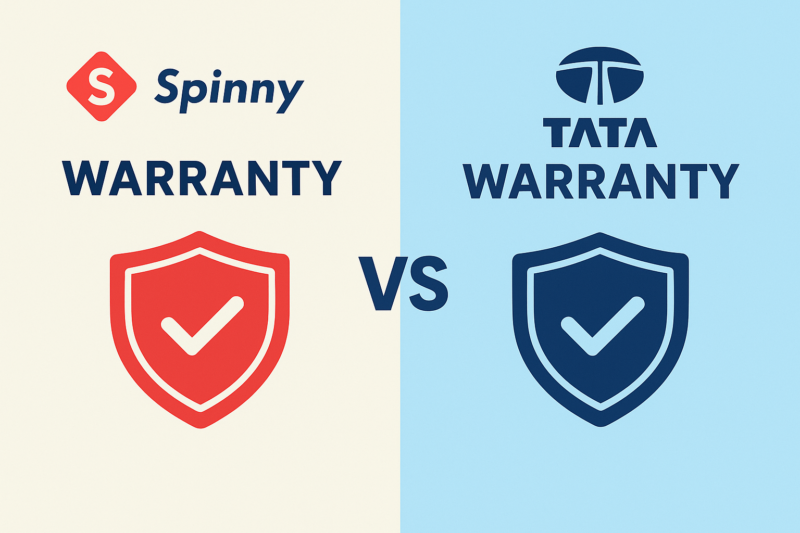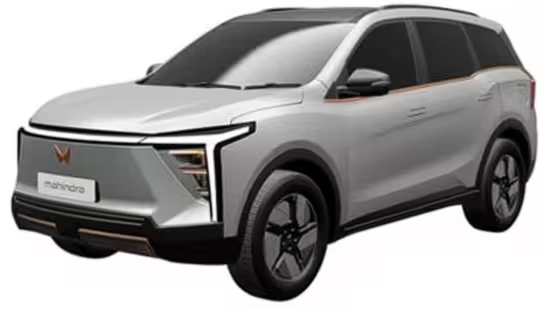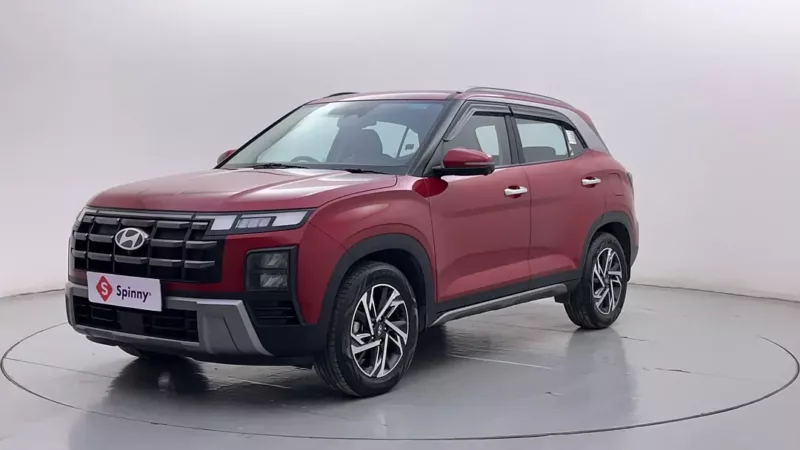Not many moments in our lives are more joyful than picking up a brand new car from the showroom. In all the rush and excitement, one might ignore thoroughly checking the car, eager to get the keys and take the car for its first drive as soon as possible. But this can be a big mistake.
Now, it might seem a bit irrational, checking a brand new car for errors. But whether it’s the huge robotic machines that carry out most operations in manufacturing a car, or human inputs, mistakes are always possible. Reportedly, there have been many cases in which owners have found technical or cosmetical problems in their new cars within a few days from purchase.
The process of car inspection before the delivery is called Pre-delivery Inspection or PDI. It is one of the most crucial aspects of the new vehicle delivery process. Before the new car is delivered, it is better to make sure you inspect the vehicle by yourself in case the dealer hasn’t done so. It helps you be assured that your brand new car is in perfect, running condition, and free of any errors. From here onwards, we take a closer look at the pre-delivery inspection process and all the steps involved to ensure you bring home your dream car safely.
ALSO READ: List of Car Warning Lights
Table of Contents
- What is Pre-Delivery Inspection (PDI)?
- PDI Checklist for Car Exterior
- PDI Checklist for Car Interior
- PDI Checklist for electrical components
- PDI Checklist for essential fluids
- Caution points while conducting PDI
- Frequently Asked Questions
What is Pre-Delivery Inspection (PDI)?
Pre-Delivery Inspection, as the name suggests, is the final level of inspection that the dealer carries out before finally purchasing the car. While inspecting the car the dealer checks the car’s exterior, interior, electrical parts, mechanical parts, fluid levels, and other accessories if any. Lastly, the vehicle undergoes a quick test drive to identify any issues present in the car. As mentioned before, it’s better to inspect the car by yourself, because you can’t be sure if it’s already been done at the dealership. You can even make a checklist and make sure your new car ticks off all the necessary boxes.
PDI Checklist for Car Exterior
When you inspect the exterior of your new car, you need to cover all the following points:
- Check the paint: You need to check for any ripples in the paint finish, as they indicate the car has been repainted, probably due to damage during the transit from the factory. Another key step here is to ensure each and every panel is painted in the same shade of colour, as it is very hard to repaint using the same shade provided by the manufacturer. It is always key to inspect your car in broad daylight, because it helps you spot those minor dents or scratches, if any.
- Inspect the tyres, brakes and rims: You need to make sure that the tyres fitted onto your new car are of the size that comes with the variant. Also, you need to check the manufacturing year of tyres to ensure that you are not sold old or used tyres. The final step here would be to physically inspect the brakes and rims for any damage and leaks from the brake lines.
- Engine bay: Open the bonnet and inspect the engine bay to look for signs of excessive dust or leaks. New cars might have a little dust under the bonnet that settles during transit, but apart from that, it should pretty much be in pristine condition. Cross check if the engine number and chassis number are the same as shown in the invoice or registration certificate. Finally, ensure that the battery is new and all fluid levels are in optimal condition.
- Panel gaps: Walk around the car and check if all the panel gaps in the car are even. Uneven panel gaps indicate manufacturing defects, incorrect fittings, or in some cases, structural damage to the chassis.
ALSO READ: Choosing the right tyre for your car
PDI Checklist for Car Interior
Your car’s interior is where you spend the majority of your time and you would not want to find any fault in this area. Here are points to check while inspecting the interior of the new car.
- Seats and Upholstery: Firstly, make sure that the seats, headliners, and any fabric on the door panels are free of damage. Inform the dealer immediately in case you find signs of tears, stains, or uneven stitches. You also need to make sure the seat adjustment controls work as they should. Quality seat covers are a must for your car, especially if you have children or pets. Make sure the covers are of top quality, not torn from anywhere, and fit your seats well.
- Infotainment system and controls: Check all the electricals, including any cabin lights, wipers, headlights, indicators, and power windows. The infotainment system’s inputs such as AUX, CD player, and bluetooth connection should work properly. If the car supports systems such as Apple CarPlay or Android Auto, connect your phone and check if it connects seamlessly. Play music and check if all speakers are working correctly.
- Steering wheel: If the steering wheel has steering mounted controls, check that they all work as intended. If the steering wheel has rake and reach adjustment, both should work smoothly, without needing excessive force. Turn the steering wheel in both directions until it locks without issues. Finally, when the steering is at dead centre, make sure that the wheels are centred too. This is a great way to check that the wheels and steering wheel are aligned.
- Sunroof: If your car comes with a sunroof, make sure that it operates smoothly while opening and closing, and there are no visible gaps when closed. You would not want water leaking in during rains despite the sunroof being closed.
- Car Mats: The floor protection mats are great products. They help keep your floor spick and span. They are designed to safeguard your floor from mud, oil leaks, tire marks, stains, water and anything else your vehicle might track in. Inspect mats for defects or wear and tear.
ALSO READ: 5 Best Aftermarket Car Audio Systems with Touchscreens
PDI Checklist for electrical components
A lot of electrical fitment is there in modern day cars. However, since most of these parts are not easily accessible, you can check some critical electrical functions, which get used frequently.
- Test if the air conditioner is working fine.
- Carry a pen drive to check the music system. Make sure to check all the ports available in the music system.
- Test all the control buttons and speakers.
- Test all the horns and wipers.
- Test the working of headlights, tail lights, brake lights, fog lights and parking lights.
- Security Alarm System: One of the most essential features is the security alarm system. It is necessary to prevent any unauthorised intrusion in your car. Ensure the system works promptly.
- Parking Sensors and Rear View Camera: Ensure these systems work properly to avoid bumps and damage on busy roads. If your car has a rear view camera, check its quality and screen brightness for easy parking.
PDI Checklist for essential fluids
During the Pre-Delivery Inspection (PDI) of a car, checking essential fluids is crucial. Check if the engine oil level is right and the oil is clean. Inspect the coolant for appropriate levels and check for any discoloration, rust, or particles, which indicate contamination. Check if the transmission oil is at the proper level and in good condition. Additionally, check the brake fluid, power steering fluid, and windshield washer fluid to ensure they are filled to the recommended levels. Properly checking these fluids ensures your car runs well and lasts longer, giving you a smooth and safe drive right from the start.
Caution points while conducting PDI
Don’t rush while inspecting your new car before delivery. Be patient and cautious to ensure your new car is in perfect condition. Here are a few more points you should consider while conducting PDI.
- Click photos of your new car from different angles. It helps to look out for dents, marks or scratches on the exterior.
- Make sure to have a family member or friend accompanying you as they can help identify any defects on the car as well.
- Take someone who has bought a new car before and has experience in conducting PDI. Prior knowledge of inspecting a new car can smoothen the whole process.
ALSO READ: Buying A Used Car In India: A Complete Guide
Frequently Asked Questions
Q: At what stage is PDI done?
A: Pre-delivery inspection (PDI) is a crucial step in the process of buying a new vehicle. It is carried out to ensure the car is in perfect condition. Make sure to conduct the PDI before you take the delivery of your new car.
Q: What should I check when inspecting my new car?
A: When you inspect a new car, make sure you go through the exterior, interior, electrical components, mechanical components, and fluid levels.. Also, check to see if all the features in the car are functioning correctly.
Q: Is a test drive a part of the Pre-delivery inspection?
A: A test drive is indeed part of the PDI because not all components can be judged when the car is parked. To get an idea of the suspension, gearbox, steering etc., you need a feel of the vehicle on the move.
Q: What happens if I find any defects on my new car during PDI?
A: If there are any defects in the new car, the dealer will ensure to rectify the problem. If there is a significant defect, the issue will be escalated to the OEM or will be resolved by the dealer themselves.
Q: How much time does it take to conduct a PDI?
A: The time taken for PDI depends on how you inspect the vehicle. If you check the new car thoroughly and test drive the vehicle, it may take around 1-2 hours in total.
